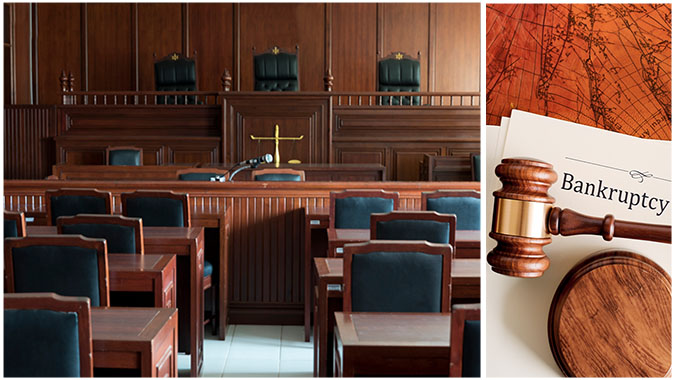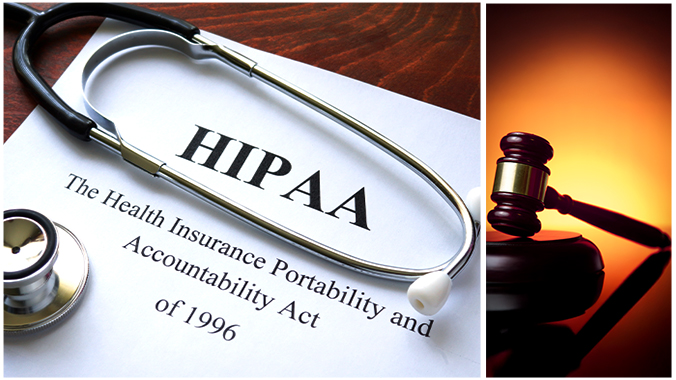Navigating Construction Contracts: Price escalation and termination strategies

Sonny Shields has more than 43 years of experience in construction industry litigation and contracts; construction law; surety law (primarily construction contract bonds); insurance defense (including CGL, first party property, and architects’ and engineers’ errors, and omissions coverage); products liability; zoning and planning law practice, including administrative hearings; patent, trademark, and copyright litigation; and general litigation, including appeals.

Betsy Gordon concentrates her practice in the areas of construction/surety law and commercial litigation.
On-Demand: August 23, 2024
Subscribe to Federal Bar Association CLE Pass...
Co-Sponsored by myLawCLE
Get this course, plus over 1,000+ of live webinars.
Learn More
MCLE Credit Information:
Select Your State Below to View CLE Credit Information
Tuition: $195.00
Training 5 or more people?
Sign-up for a law firm subscription plan and each attorney in the firm receives free access to all CLE Programs
Program Summary
Session I - Price Escalation Clauses in Construction Contracts: Mitigating risks for owners, contractors, and subcontractors
In today's construction context, the issue of price escalation is evident, reflecting the continued volatility in material and labor costs. Different types of construction contracts determine the parties' liability for price changes. Cost-plus contracts provide flexibility by allowing revisions based on actual project costs. Fixed-price contracts, on the other hand, specify a price at the start of the project, passing the risk of cost rises to the contractor. Meanwhile, guaranteed maximum contracts limit the owner's responsibility and provide pricing consistency. Parties may seek relief in the face of unforeseen occurrences such as force majeure, although the scope and nature will vary depending on the contract's limitations. Change orders are critical for dealing with changes to the original project's scope of work, which can have an impact on project costs. Price escalation clauses are added to contracts to reduce the risks associated with fluctuating prices by setting mechanisms for standard-based price adjustments.
Key topics to be discussed:
- The current state of price escalation
- Types of construction contracts and price liability
- Force majeure
- Change orders
- Price escalation clauses
Session II - Structuring Construction Contracts: Termination for convenience vs. termination for cause
Termination for convenience clauses allow parties to terminate the agreement without demonstrating cause. Such terminations are often made in good faith, with the opposite party providing clear notice to ensure transparency and minimize disruptions. How to calculate damages in these cases is centered around compensating the terminated party for any completed work and any associated costs. Furthermore, parties may have the option to fix or amend any faults before termination takes effect, providing a resolution without proceeding to termination. When considering termination, it is critical to follow best practices, whether for convenience or cause. Termination for convenience should be approached with careful consideration of the contractual obligations and potential repercussions.
Key topics to be discussed:
- Termination for convenience
- Best practices for termination for convenience vs. termination for cause
This course is co-sponsored with myLawCLE.
![]() Closed-captioning available
Closed-captioning available
Speakers
 Lloyd N. “Sonny” Shields | Irwin Fritchie Urquhart Moore & Daniels, LLC
Lloyd N. “Sonny” Shields | Irwin Fritchie Urquhart Moore & Daniels, LLC
Sonny Shields has more than 43 years of experience in construction industry litigation and contracts; construction law; surety law (primarily construction contract bonds); insurance defense (including CGL, first party property, and architects’ and engineers’ errors, and omissions coverage); products liability; zoning and planning law practice, including administrative hearings; patent, trademark, and copyright litigation; and general litigation, including appeals.
For more than 30 years Sonny was an adjunct professor at Loyola Law School on the subject of the Louisiana Code of Civil Procedure and has taught for nearly 30 years at Tulane Law School on the subject of Historic Preservation Law. Sonny has delivered more than 200 papers and presents on numerous aspects of construction and surety law, and lectures on those subjects as well as on negotiation and mediation skills and practices.
 Elizabeth L. Gordon | Irwin Fritchie Urquhart Moore & Daniels, LLC
Elizabeth L. Gordon | Irwin Fritchie Urquhart Moore & Daniels, LLC
Betsy Gordon concentrates her practice in the areas of construction/surety law and commercial litigation. She has experience representing owners, contractors, subcontractors, and design professionals in all aspects of construction from contract negotiation and drafting, claim drafting and counseling during construction, and claims resolution in state and federal courts and before arbitration panels. Betsy has handled these issues involving private owners and state and federal agencies. She has handled state and public lien law claims and federal Miller Act claims. Other practice areas include commercial litigation, products liability, and mass tort litigation.
Betsy regularly lectures on construction law topics, including Louisiana lien law, general Louisiana and Federal construction law, construction defect insurance law and surety law. Betsy is a member of the Board of the Surety Claims Institute.
Agenda
Session I – Price Escalation Clauses in Construction Contracts: Mitigating risks for owners, contractors, and subcontractors | 2:00pm – 3:00pm
- The current state of price escalation
- Types of construction contracts and price liability
- Cost-plus
- Fixed price
- Guaranteed maximum
- Force majeure
- Limitations
- Type of relief
- Limitations
- Change orders
- Price escalation clauses
Break | 3:00pm – 3:10pm
Session II – Structuring Construction Contracts: Termination for convenience vs. termination for cause | 3:10pm – 4:10pm
- Termination for convenience
- Good faith
- Notice
- Damages
- Right to cure or fix
- Best practices for termination for convenience vs. termination for cause
More CLE Webinars
Trending CLE Webinars































Upcoming CLE Webinars
![4th Annual Tax Rep Summit [4-Day Event]](https://federalbarcle.org/wp-content/uploads/2024/09/4th-Annual-Tax-Rep-Summit_myLawCLE.jpg)





























































